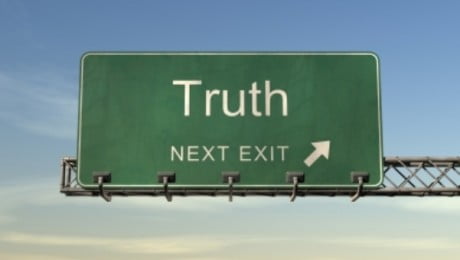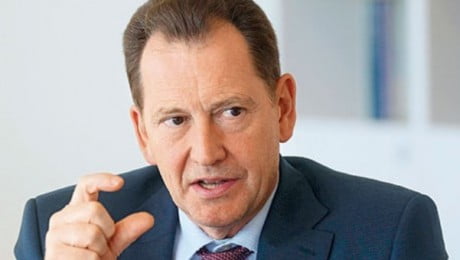Keyword: Turkey

AKP winning perception war !
The probe, which many predicted to be the end of the Justice and Development Party (AKP), has become a war of perception. If you google “graft,” “bribery” or “corruption” in Turkish, you will see the focus has already shifted to a concept so far unheard of in Turkish politics (the “parallel state”), reassigning public prosecutors and police officers to different posts, condemning all sorts of “disinformation” and changing laws governing the structure of the judiciary.

Was prime minister able to convince the EU?
Prime Minister Recep Tayyip Erdoğan makes all of his political reinforcement in the judicial system. He uses all his political power, charisma and charm to block the corruption probes. For this reason, instead of convincing the EU, he tries to secure a temporary peace so that he can finish his job.

Turkey’s recent view from the US
The way the AK Party has proposed new laws to increase government control over judges and prosecutors and how many investigations have slowed down have raised suspicions that the government might be trying to hide corruption. The censorship of Turkish media and the recent attempts to change laws about the Internet to easily increase censorship are raising concern.

TUSKON says systematic campaign of defamation is under way
The Turkish Confederation of Businessmen and Industrialists’ (TUSKON) has criticized what it said a systematic campaign of defamation against the business conglomolarete, stressing that its business activities that help contribute to Turkish economy should only be welcomed.

To save itself, Turkish govt stabs hard-won democracy
“I don’t want to say that – but this is an executive coup over judiciary,” lawmaker Bal said. He noted that blaming the graft scandal on a “parallel state” – a phrase Erdogan often employs to describe his alleged opponents within the state – significantly damages Turkey’s reputation.

Gülen, Erdoğan’s new agenda item with the West
Yet, no matter how strong of views he might voice to his interlocutors about the Gülen movement (Cemaat) he can’t save himself from the problem of credibility. While he was giving assurance in Brussels that he is not interfering with the judiciary, the fact that the very same day the pressure exerted by the undersecretary of the Justice Ministry to the chief prosecutor in his investigation on a corruption case was revealed through documents will lead the EU to approach these assurances with suspicion.

Erdoğan using hate speech against Gülen movement, says MEP
Prime Minister Recep Tayyip Erdoğan’s accusations against a faith-based movement led by Turkish Islamic scholar Fethullah Gülen amidst a corruption scandal are both uncalled for and amount to “a kind of hate speech” that has the risk of sparking violence against the group, a senior member of the European Parliament has said.

Tension at home hits Turkey’s brand overseas
ESİDEF President Mustafa Özkara said: “Top government officials, who during the Turkish Olympiads only six months ago called the Hizmet movement the ‘peace movement of the century,’ now define the same movement as a ‘parallel structure,’ a ‘gang,’ a ‘criminal organization’ and even Hashashins.

An early prediction about the next elections
Turkey’s future will be determined in the next election. If the AKP government is not able to gain more than 38 percent of the total votes this time, it will directly affect the future of Turkish politics. Erdoğan cannot be the next president, for instance.

Likely case against Hizmet will bolster authoritarian character of Erdoğan gov’t
Rumors have it that the Erdoğan government will file criminal charges against people alleged to be associated with this “parallel structure,” a veiled reference by Erdoğan to the Hizmet movement, inspired by Islamic scholar Fethullah Gülen, that the government claims as the force driving the massive corruption investigations that have shaken the governing Justice and Development Party (AK Party).

Former US envoys to Ankara say Erdoğan doing great harm to democracy
“Whatever his achievements over the past decade, Turkey’s prime minister, Recep Tayyip Erdoğan, is destroying his country’s parlous democracy. That is a profound problem for Turks and Turkey’s Western allies. Staying silent, out of fear that speaking out would harm some short-term interests, risks Turkey’s longer-term stability.”

Islamist vs. Islamic
The followers of Gülen have opted to vote for and support various center parties freely. Moreover, their support has never amounted to partisanship. Rather, they have tended to back specific policies and the political parties that placed greater emphasis on democratization, demilitarization, transparency, accountability, fundamental rights and freedoms and economic stability.




















